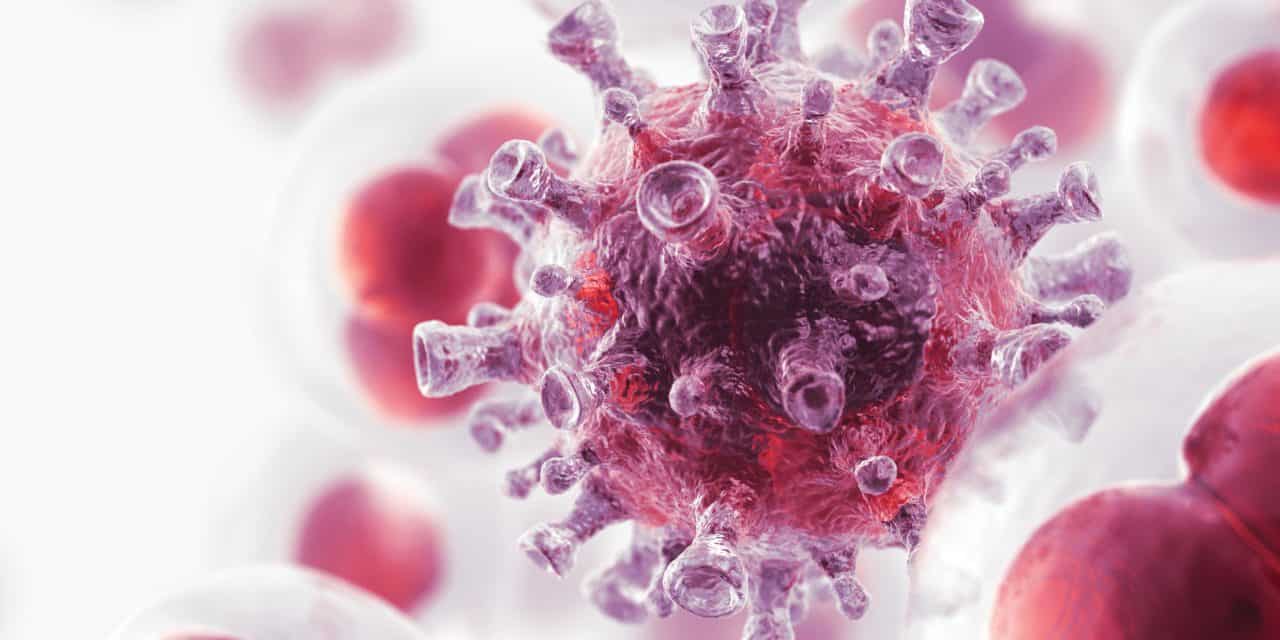Along with the rise in modern chronic diseases, ranging from diabetes to asthma, lay the challenges posed by increasing antibiotic resistance resulting in difficult to treat infections, as well as sepsis. An emerging and unifying theme in the pathogenesis of these diverse public health threats is changes in the microbial communities that inhabit multiple body sites. Although there is great promise in exploring the role of these microbial communities in chronic disease pathogenesis, the shorter timeframe of most infectious disease pathogenesis may allow early translation of our basic scientific understanding of microbial ecology and host-microbiota-pathogen interactions. Likely translation avenues include development of preventive strategies, diagnostics, and therapeutics. For example, as basic research related to microbial pathogenesis continues to progress, Clostridioides difficile infection (CDI) is already being addressed clinically through at least two of these three avenues: targeted antibiotic stewardship and treatment of recurrent disease through fecal microbiota transplantation (FMT).Published by Oxford University Press for the Infectious Diseases Society of America 2021. This work is written by (a) US Government employee(s) and is in the public domain in the US.
The State of Microbiome Science at the Intersection of Infectious Diseases and Antimicrobial Resistance.


